Establishing business credit is an essential milestone for any small business looking to grow in the new year! From incorporating your business to opening a Business Checking Account, there are several steps to build solid credit. This will help maintain a credit history separate from your personal credit history, unlock access to the benefits of good business credit, and demonstrate a separation between the owners and the business. Position your company for success by getting started before 2023!
Incorporate Your Business
While many business owners are on top of incorporating their business, it is worth mentioning, as it provides the foundation for building a business’s credit. In sole proprietorships and general partnerships, the company is legally the same as the owner, where there can be no separation of business credit history from personal. However, incorporating a business or forming an LLC creates a company that is legally separate from the owner.
Obtain an EIN
An EIN (federal tax identification number) is a business’s equivalent of a social security number. This number is required on federal tax filings and when opening a business bank account in the name of an LLC or corporation. To remain in compliance with the IRS, many large organizations require an EIN from their vendors to pay them for any services or products provided.
Open a Business Bank Account
Next, a Business Checking Account should be opened under the legal business name. Once opened, any business-related transactions should be made using that account to best keep track of the business’s ongoing financial performance and make doing taxes much simpler. Additionally, business owners will benefit from new tools to manage payments to and from their business using tools such as Remote Deposits and Cash Management Services because keeping up with payments can also significantly impact a business’s credit.
Open a Business Credit File
First and foremost, when opening a credit file for your business, check to ensure there is no existing file for your business. This can easily be determined by entering a company name, city, and state on the provided search boxes of the three credit reporting agency websites (Experian, Equifax, & TransUnion). If a business is not listed under your name, consider having a current supplier or lender that you have credit with report your payment history to these credit agencies and have a file automatically opened. Alternatively, another way to register with a business credit agency is to apply for a D-U-N-S® Number linked to a credit file with a major agency such as Dun and Bradstreet.
Establish Credit Lines
While Business Loans and Lines of Credit from a bank are among the best ways to build credit, these do require some positive business credit history already established. To get to this point, opening a business credit card to cover smaller expenses is an excellent steppingstone toward a more established history. Additionally, businesses working with multiple vendors or suppliers can work to build credit by requesting they report your payment history to the major credit reporting agencies.
Pay Bills on Time
While it could go unsaid, paying your bills on time significantly impacts business credit, much like the impact of late payments on personal credit. One of the easiest ways to manage this is to utilize the power of Business Mobile Banking, using services such as Mobile Bill Pay to make instant payments or eAlerts to be notified of specific checks clearing with your vendors. Secondly, maintaining the balance on your Business Checking Account can be done with Mobile Check Depositing right from a smartphone, and transferring funds can be done in real-time with the connection to a Business Savings Account.
Need a Business Checking Account in the New Year? Keep your business funds organized in a Free Choice Checking Account from Mechanics Cooperative Bank! Contact us today to get started.
{{cta(‘fbdfa079-e686-4a76-b6e8-7c8d103914bf’,’justifycenter’)}}





